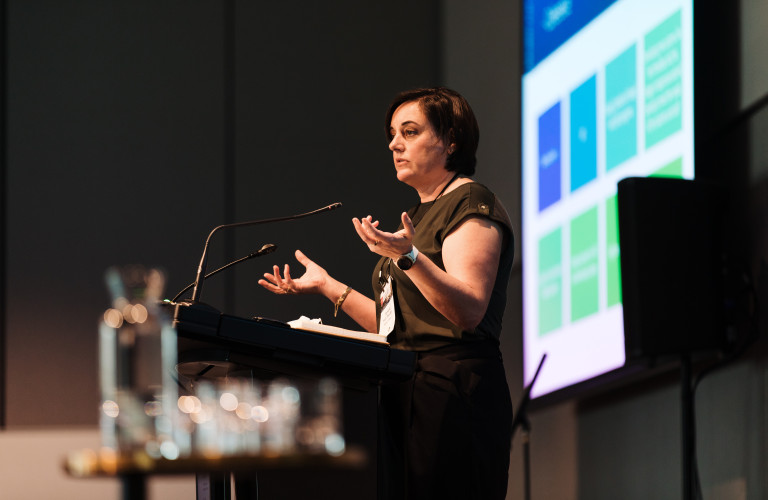NZ Secondary Principal and Senior Leader Wellbeing Research
Documents

2021 Principal and senior leader wellbeing study – key points
New Zealand’s secondary and area school leaders are deeply committed to their work but experience high workloads and high levels of stress.
The highest cause of student-related stress stems from mental health issues and school leaders experience high levels of conflict between their commitments and their home lives.
The longitudinal study, led by Professor Phil Riley, has been running since 2011 in Australia, and since 2020 with New Zealand secondary and area school leaders.
The research uses robust and widely used research instruments to measure school leaders’ quality of life and psychosocial coping.
Although last years survey cohort was small, the results align with the 2020 results.
Summary and recommendations
School leadership will always be demanding, emotionally challenging work but there are changes that can be made to ensure that school leaders and their whānau are not paying the price for their commitment.
In your collective agreement negotiations this year we have claimed.
- Additional external supports to ensure that principals are not isolated in their work and have the appropriate professional support to manage the demands of their roles.
- A wellbeing allowance and requirement that boards of trustees have a wellbeing plan for principals.
- Improvements to staffing to support the work of school leaders
Last modified on Wednesday, 17 May 2023 09:10
